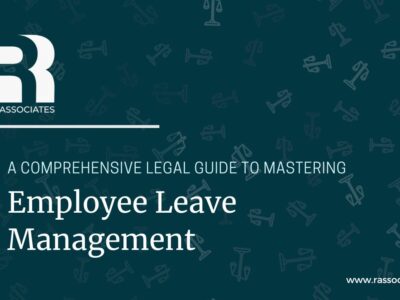Analyzing the Impact and Implications of Retroactive Legislation
It is a cardinal rule of construction that an Act/Legislation/Statute comes into operation from the date of publication, unless, the contrary is specifically provided for. The said principle also emanates from Section 5 of the General Clause Act, 1897.
“A new law ought to be prospective, not retrospective in its operation.” ~ Coke Maxim






Insightful!
Thanks